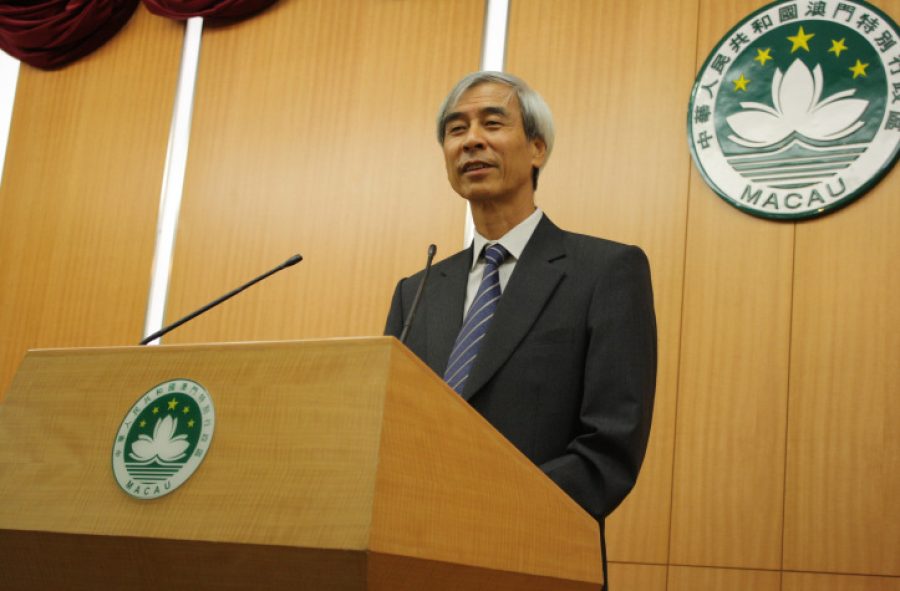The Executive Council announced on Tuesday that the government has drafted a bill amending the existing cybercrime law, which proposes that the local police will be allowed to gain access to information stored by criminal suspects on cloud servers outside Macau, after obtaining permission from local judges.
The amendment bill also proposes a new crime category of operating fake base stations. The bill proposes that offenders face a prison term of up to three years.
Leong Heng Teng, spokesman for the government’s top advisory body, made the announcement during a press conference at Government Headquarters on Tuesday.
Leong said that the current cybercrime law enacted in 2009 will need to be amended to close a string of loopholes concerning cybercrime.
The bill will be submitted to the Legislative Assembly (AL) in due course for debate and vote.
“Given the widespread use of cloud computing services, it is very likely that criminal evidence is being stored on servers located outside Macau,” Leong said.
“After referencing the experiences of law enforcement and legislation concerning the issue in the world, the government proposes that with the permission of the judiciary, the criminal investigation entities are allowed to retrieve copies of computer data stored outside Macau and use them as evidence in criminal procedures, provided that such data is lawfully accessed and obtained via computer systems in Macau,” Leong said.
Criminals use cloud servers
Also addressing Tuesday’s press conference, Judiciary Policy (PJ) Director Sit Chong Meng noted that nowadays criminals are able to commit their illegal activities at home, adding that many of them choose to store information about their criminal activities on cloud servers.
According to the Macau Post Daily, Sit said that the local government has drafted the proposal after referencing the relevant laws and regulations in various European Union (EU) countries, particularly Belgium, as well as in Singapore. Sit said that if law enforcement agencies in these countries have gathered sufficient evidence to prove that suspects have information concerning their criminal activities stored on servers elsewhere, they can apply for permission from a judge to retrieve such information via the suspects’ own devices such as computers and mobile phones and then use the information as criminal evidence, without the need to apply for permission from the authorities of the respective countries or regions where the servers are located.
Sit said that under the proposal in the amendment bill, it is not the case that Macau law enforcement agencies can request the respective cloud service providers to provide the information concerning criminal activities, and instead it is merely the case that Macau law enforcement agencies can order the suspects to tell law enforcement officers their passwords used to access their cloud service accounts and then retrieve the information via the suspects’ devices.
According to Sit, the amendment bill proposes that if the suspects refuse to cooperate, they will face a charge of aggravated disobedience. Sit said that in such a case, the police have sufficient technology to log into the suspects’ accounts and then retrieve the information.






